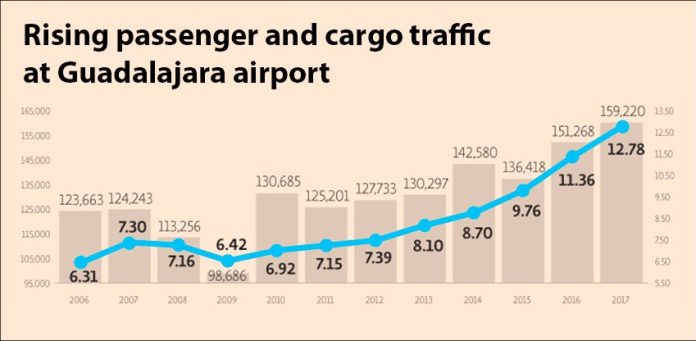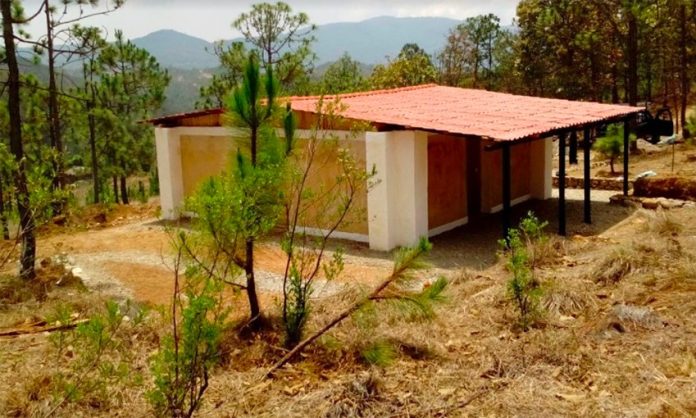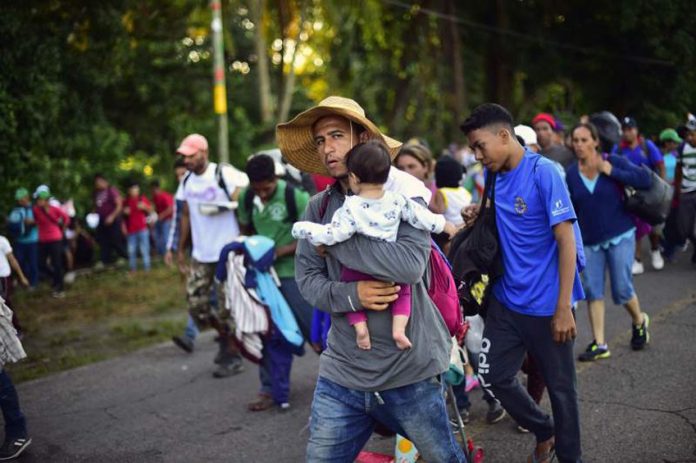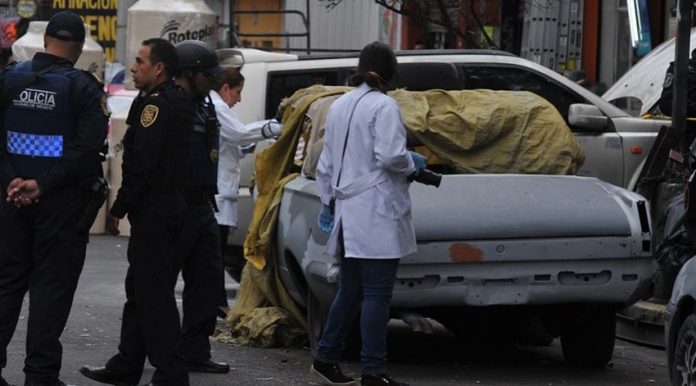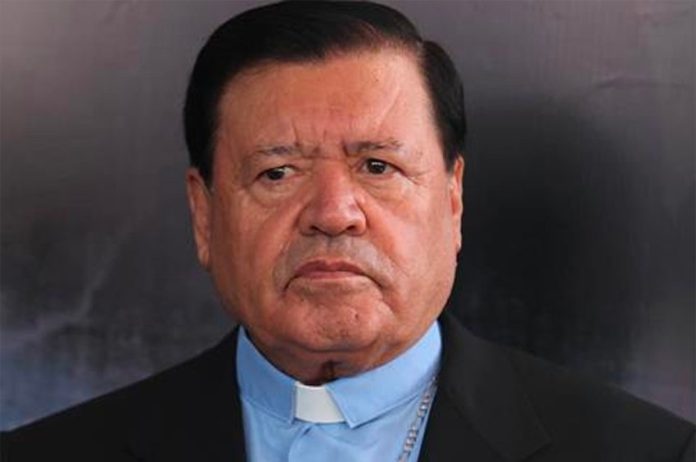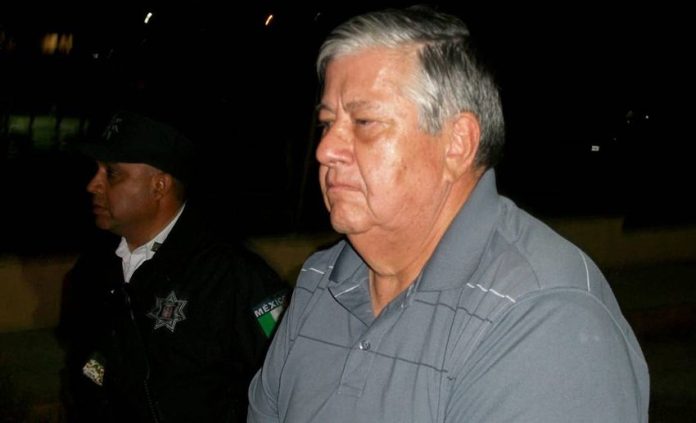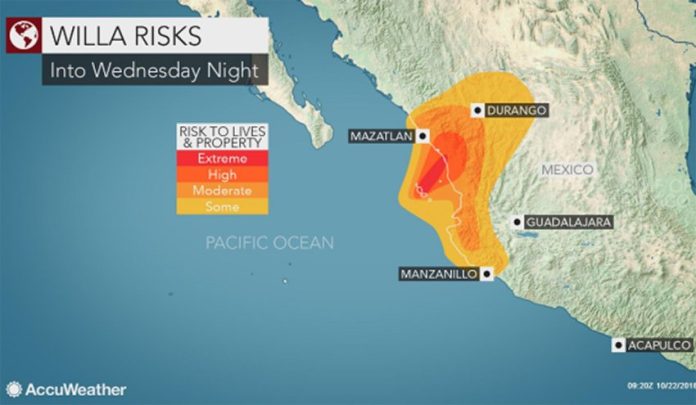Once a drink considered to be moonshine, bought in plastic bottles directly from small producers and taken to parties to be shared with friends and family, mezcal is now a trendy tipple sold across Mexico, in the United States and Europe and even as far away as New Zealand and China — where they consume more mezcal and tequila than Mexico, according to the consultancy Euromonitor.
Used as the base of many a cocktail or sipped neat with orange and worm salt, mezcal’s appeal is global.
This boom has obviously seen the production of mezcal increase in Oaxaca and elsewhere in the country, like San Luis Potosí and Guerrero. Big-name producers of tequila and other spirits have also been attracted to Oaxaca to capitalize on its popularity.
But producing mezcal creates a lot of waste, and increased production obviously means increased waste. In Matatlán, the heartland of mescal-making in Oaxaca, much of the liquid waste called vinaza is pumped into the river, which causes the water to become acidic, killing the fish and plant life within it.
When the owners of Sombra Mezcal, one of the biggest mezcal brands in the U.S., realized what was happening they knew that they had to do something. According to an article published by Sombra on Medium, for every bottle of mezcal made there are 10 bottles of liquid waste and 12 kilograms of the solid waste (bagazo) created.
And considering that Sombra has produced hundreds of thousands of liters of mezcal since its initiation in 2006, that is a lot of waste product. It became an issue that they were not prepared to ignore.
“It is right there in front of us, we have to upcycle where we can. It’s our responsibility [to do something about the environmental impact] if we are going to use the resources of Oaxaca,” Sombra CEO John Sean Fagan told Mexico News Daily.
So Sombra started to experiment, and it turns out the solid waste plus the liquid waste and local soil makes for great adobe bricks. While experimenting, they heard about the work of Alejandro Montes González and his organization, Consultorio de Asesoría Arquitectónica (COAA), and asked him to advise them.
Montes had been working in another mezcal town called Santa Catarina Minas and had developed a working system of creating adobe blocks from mezcal waste, calling upon “ancestral techniques” that had been used for years by local mezcaleros as well as modern innovation to find the right system. He had five years of experience in this technique to bring to the table.
Montes had the know-how and Sombra had the capacity and capital to work on the problem, so together they decided to join forces. They began creating adobe bricks from the mezcal waste, creating so many that there was no longer space in the distillery at Sombra to store them.
“This all happened at the same time as the earthquake [in September 2017],” explained Montes, so efforts were focused on the Mixe and Istmo regions of Oaxaca, both of which suffered intense damage.
“We [COAA] have always focused on sustainability projects,” he said, explaining why it made sense for them to combine the environmental aspect of the project with the social aspect that would come from helping to rebuild damaged homes using mezcal waste.
Another element of the project dedicated to education would come from teaching volunteers how to make the adobe bricks, and they have welcomed people from around the world who want to help and learn.
Given that so many houses were damaged or destroyed in the 8.2-magnitude earthquake that hit Oaxaca on September 7, 2017, it is clearly important that any new houses built are resistant to further quakes.
Montes’ experiments have shown that the blocks made using vinaza are “four times more flexible [than blocks made without it] which means to say that it is four times more resistant.” The flexibility of the material means that it moves with the earthquake and doesn’t crack.
Montes is also confident about the material’s durability against earthquakes because of all the structures he has built in Oaxaca with it in the last five years not one suffered any damage. To continue this investigation, he is also developing research into the topic at the ETH University in Zurich.
So far the team has built two houses, one in the Mixe and one in the Isthmus. However, they have given adobe bricks to the Harp Helú Foundation in Oaxaca which has used them to build 10 houses and is planning to provide more bricks free of charge to build 15 more.
Not only are the Sombra/COAA team happy to share their materials but they are also sharing the knowledge, inviting other mezcal makers in the area to come and find out more. Big-name producers like Los Danzantes, Ilegal and Del Maguey have been among those wanting to discover how they too can run a more sustainable production line.
In a recent meeting held by Sombra in Matatlán, some 90% of the 120 local mezcaleros voted in favor of adopting more sustainable practices in the production of the so-called spirit of the gods, which is really great news for the community.
The work is hard and costly — as Sombra’s Fagan put it “it costs real money”— but if all the resources were available and everyone was on board, Montes worked out that 3,000 homes could be built each year from the residual waste from the mezcal made in Oaxaca alone. But working together is the only way to achieve those kinds of numbers.
Fagan is optimistic. “It’s pretty easy to make change if you put effort into it,” he said, adding that “the benefit isn’t to me but to the community.”
Sombra’s commitment to sustainability goes beyond the houses. They have also committed not to use animal power and only use certified wood from local areas where reforestation plans are in place.
They are also currently running a sustainable cocktail competition in the U.S. Fagan explained that 100 mixologists across the country are competing to make cocktails with Sombra mezcal in more sustainable ways using items such as lemon peels or avocado pits in their creations.
“There is a need for sustainability in the spirits business,” said Fagan, whose commitment to the cause is clear in his words and actions. In fact, for Fagan the environmental and social change side of Sombra’s work has become the guiding light and his reasons for making mezcal have been turned on their head.
“Someone asked me the other day why I make mescal. I said I create mezcal so that I can take the waste and make adobes.”
The production of mezcal is unlikely to halt any time soon, so using the waste to create safe houses for local people seems like a great way to help the environment and give back to the community.
• Find out more about Sombra here and to learn more about COAA and how you can get involved check out their website.
Susannah Rigg is a freelance writer and Mexico specialist based in Mexico City. Her work has been published by BBC Travel, Condé Nast Traveler, CNN Travel and The Independent UK among others. Find out more about Susannah on her website.

